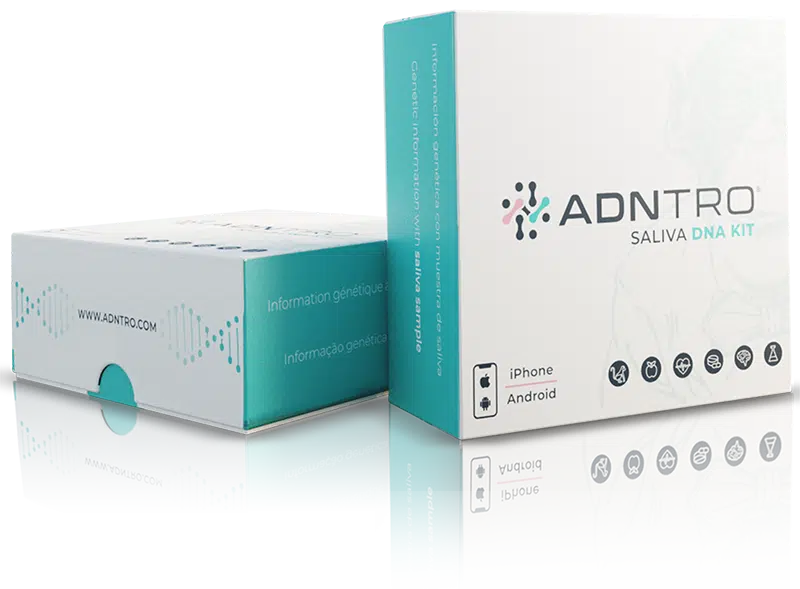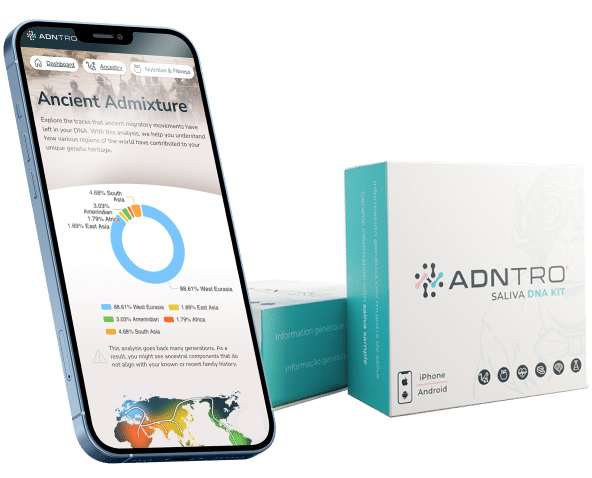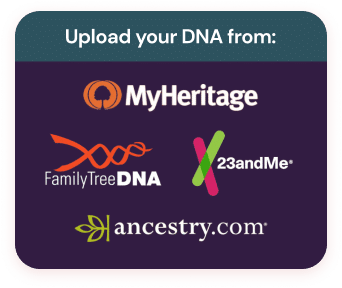In the 21st century, excessive sugar consumption has become a global concern. Sugar is present in numerous foods and beverages. However, it is important to note that the sugar most associated with health problems is the one artificially added to various processed foods, such as sugary drinks, sweets, chocolates, baked goods, cookies, cakes, breakfast cereals, energy bars, sauces and dressings, among others. Therefore, in Western countries, it is difficult to escape the tempting sweet flavors that surround us.

Can it be considered an addiction?
Although addiction has traditionally been associated with substances like illegal drugs or alcohol, there is increasing scientific evidence suggesting that sugary foods and beverages can also generate dependency and addictive behaviors in some individuals. Like drugs, sugar can trigger biochemical responses in the brain that create a sense of pleasure and reward. When we consume sugar, neurotransmitters like dopamine are released, generating feelings of well-being. However, as we continue to consume sugar regularly, the brain adapts to this stimulation and develops increased tolerance, leading to a need for larger amounts of sugar to achieve the same sense of satisfaction.
Some common signs and symptoms of sugar addiction may include:
- Intense cravings for sugary foods and beverages.
- Excessive consumption of sugar, even when attempting to reduce or control intake, despite experiencing negative health consequences.
- Withdrawal symptoms, such as irritability, anxiety, or cravings when trying to quit sugar.
- Neglecting other activities or responsibilities in favor of sugar consumption.
It is important to note that not all people develop an addiction to sugar. The individual susceptibility of each person may vary according to genetic, biological and environmental factors. nutrigenetic test to know our protection/predisposition against this addiction.

Does genetics play a role?
Scientific advancements have revealed that genetics can influence our predisposition to develop addictions, including sugar addiction. Several genes have been identified that may be related to the brain's response to sugar and appetite regulation. One example is the FTO gene, which has been extensively studied in relation to obesity and body weight. Although the FTO gene is not directly linked to sugar consumption, associations have been found between certain genetic variants in this gene and higher consumption of calorie-dense foods, including sugary foods. These genetic variants could influence appetite regulation and satiety, which may affect sugar and other energy-dense food intake.
Other genes that could be involved are APOE and RARB. Although their relationship with sugar consumption is not fully established, some studies have suggested that certain genetic variants in these genes may be associated with changes in food preferences and sensitivity to sweet taste, promoting higher sugar intake in the diet.
Can I inherit sugar addiction?
While the heritability of sugar addiction is not yet fully established, there is evidence that genetics can play a role in sugar addiction.
Although the precise contribution of heritability has not been definitively determined, twin studies have shown that sugar addiction has a significant hereditary component. Identical twins, who share the same genetic information, tend to have similar patterns of sugar consumption compared to fraternal twins, who share approximately half of their genes.
So, while genetics is not the only factor affecting our relationship with sugar, increasingly scientific evidence supports a significant role in our susceptibility to developing this addiction. Find out yours with the DNA TEST from ADNTRO or upload your RAW DNA data for free!














